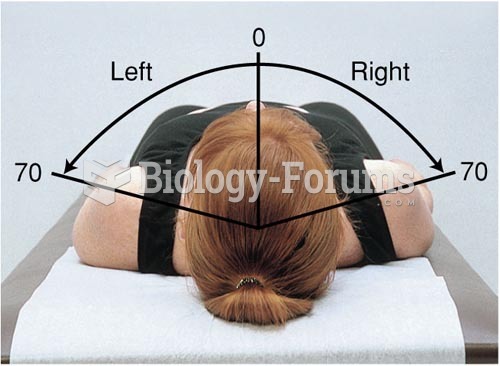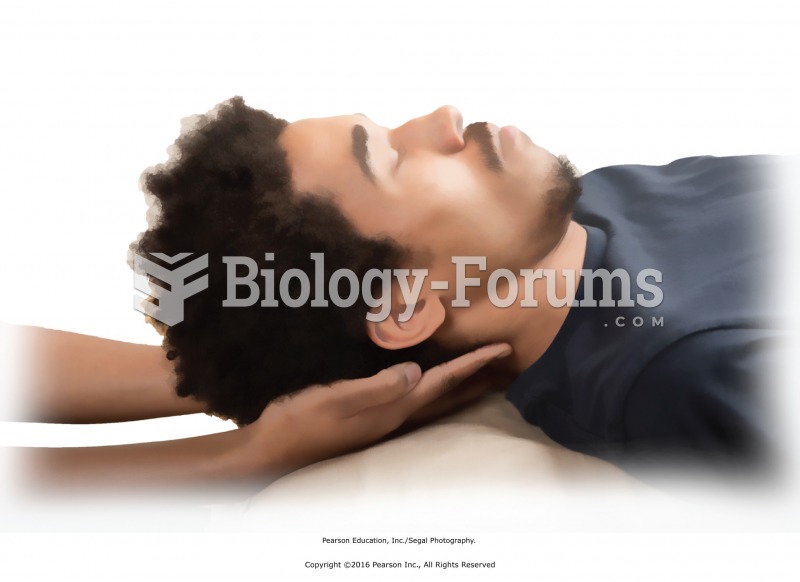|
|
|
Before a vaccine is licensed in the USA, the Food and Drug Administration (FDA) reviews it for safety and effectiveness. The CDC then reviews all studies again, as well as the American Academy of Pediatrics and the American Academy of Family Physicians. Every lot of vaccine is tested before administration to the public, and the FDA regularly inspects vaccine manufacturers' facilities.
The first oncogene was discovered in 1970 and was termed SRC (pronounced "SARK").
Illness; diuretics; laxative abuse; hot weather; exercise; sweating; caffeine; alcoholic beverages; starvation diets; inadequate carbohydrate consumption; and diets high in protein, salt, or fiber can cause people to become dehydrated.
More than 30% of American adults, and about 12% of children utilize health care approaches that were developed outside of conventional medicine.
Vampire bats have a natural anticoagulant in their saliva that permits continuous bleeding after they painlessly open a wound with their incisors. This capillary blood does not cause any significant blood loss to their victims.
 To reduce stress on your client’s neck when the head is turned, put a towel under the shoulder and ...
To reduce stress on your client’s neck when the head is turned, put a towel under the shoulder and ...
 Apply light tapotement on the head. Tapping lightly with the fingertips works well for this purpose.
Apply light tapotement on the head. Tapping lightly with the fingertips works well for this purpose.




